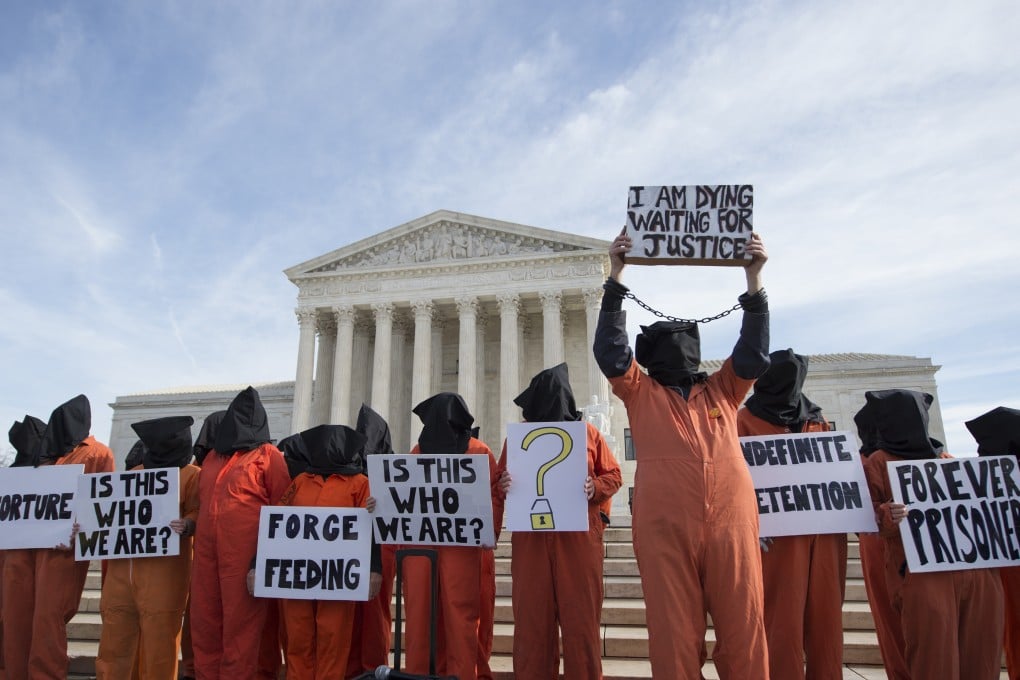Letters | Counterterrorism cooperation must right wrongs of ‘war on terror’
- When counterterrorism operations result in human rights violations, they lay the conditions conducive to the recruitment of young people into terrorist organisations
- Addressing the human rights abuses of the war on terror should be part of counterterrorism efforts

I cannot agree more that regardless of one’s nationality, religious affiliation or political persuasion, the September 11 attacks were barbaric and inhumane, to say the least.
Religious extremism can lead to so many awful things. As such, it must be dealt with very seriously on a number of fronts.
Your editorial suggests that cooperation between governments would stifle terrorism, but stops short of mapping out what such cooperation would entail.
Would this cooperation involve equipping “mujahideen” in a certain country with Stinger missiles to fight another country? Would this cooperation entail torturing people, mostly innocent, in Abu Ghraib, Guantanamo Bay and Bagram?
Would this cooperation mean invading a country on the pretext that it possessed weapons of mass destruction? Would this cooperation necessitate carpet bombing of wedding parties such as the one in Haska Meyna district in Afghanistan? Would this cooperation require soldiers to get their “first kill” by shooting prisoners?